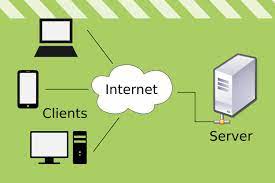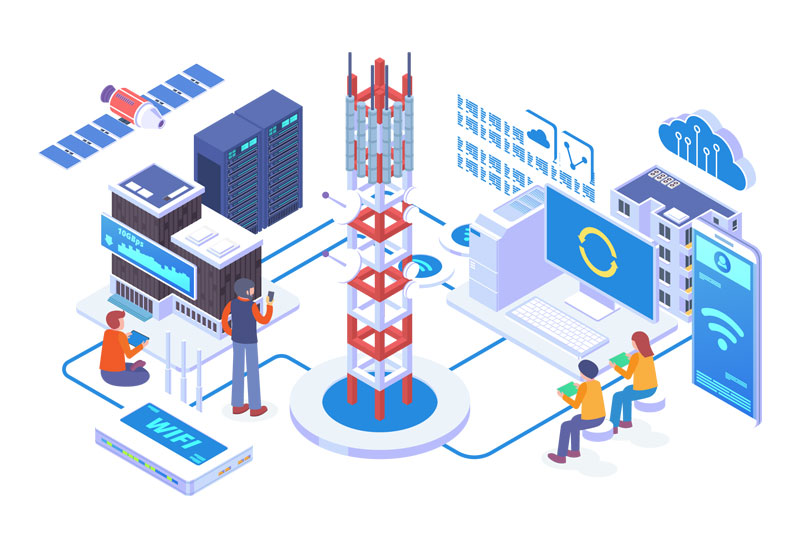
Networking
A networking course typically provides a comprehensive understanding of networking concepts, protocols, and technologies. It covers both theoretical knowledge and practical skills required to design, configure, secure, and maintain computer networks.
Network Fundamentals
Network fundamentals refer to the foundational concepts and principles that form the basis of computer networking. Understanding network fundamentals is crucial for anyone interested in working with computer networks or pursuing a career in networking.

Network Infrastructures & Services
Network infrastructure refers to the physical and logical components that enable the functioning and connectivity of computer networks. It includes devices, protocols, and services that form the backbone of a network. Network services, on the other hand, are the functionalities and capabilities provided by a network infrastructure to facilitate communication and resource sharing

Network Protocols
Network protocols are a set of rules and conventions that govern the communication and data exchange between devices on a computer network. They define the format, timing, sequencing, and error handling mechanisms for data transmission. Network protocols enable devices to establish and maintain connections, exchange data packets, and ensure reliable and secure communication.

Network Design And Implementation
Network design and implementation refer to the process of planning, creating, and deploying a computer network infrastructure that meets specific requirements and objectives. It involves designing the network architecture, selecting appropriate hardware and software components, configuring network devices, and ensuring the network is operational and secure.Python
